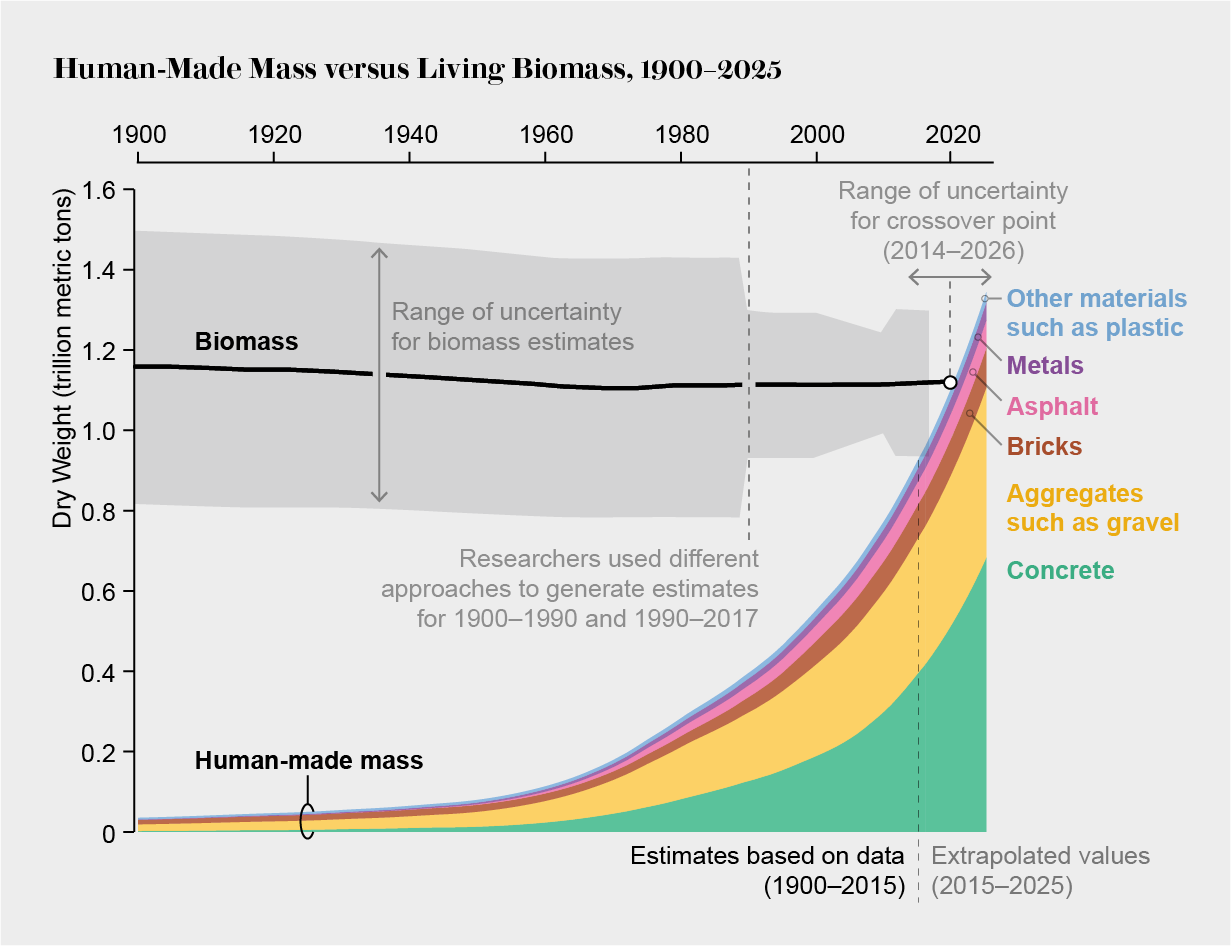
It’s time for a rustic assemblage of miscellany.
I wanted to use a clever name for a running series of miscellaneous hodgepodge so I thought “there’s probably some zany Germanic compound word for a collection of random artifacts. It’ll be a translation of a common thing that contains random items.” Well, as you may have guessed, it is kram schublade, literally, ‘stuff compartment’ in German. Despite the length and fun to say, it doesn’t appear to be a well-celebrated term. The Germans are very efficient when it comes to junk storage, one assumes, and people who store their junk this way are probably socially ostracized.
It seems like it’s supposed to be two words, really, but compound words are more fun. And now that summer is on the way and people are getting vaccinated, what better time to cram some clams? (Where by “clams” I mean “miscellaneous information,” that is.)
Ernst Thälmann Island

Bring me the head of Ernst Thälmann!
And speaking of German, East Germany! There is an oft-repeated geography curio that goes like this: a small uninhabited island off the coast of Cuba was ceded to East Germany back when there was an East Germany as a gift between allies. When East Germany ceased to exist, the reunification treaty didn’t specifically mention this island, so, by implication, the German Democratic Republic lives on there, a smoldering ember of a once mighty Eastern Bloc.
It’s an appealing sort of myth–that some geographic technicality undoes a basic fact about the world that most people think they know. In this case, the technicality itself isn’t true: the “gift” that Cuba made was only ever in spirit, never a formal thing. They just did a little renaming ceremony so that the diplomats could get a picture together for the newspaper. The Cubans renamed their uninhabited isle after Ernst Thälmann, a German communist who opposed (and was eventually murdered by) the Nazis, and “ceremonially” gave it to them and erected a bust of the man himself on the beach.
But it is worth observing that even if it were “true” it wouldn’t really be. Things like the existence or non-existence of countries isn’t based on deciphering obscure bits of information, they’re based on mutual understanding, which is sort of the opposite. Unlike a question like “how many atoms make up the moon?” which has a precise, real answer, there is no cosmic ledger that says which countries exist and which don’t. They’re based on whether you can get a sufficient number of people to treat them as valid, so even if the architects of German reunification had forgotten about this windswept isle, it wouldn’t mean anything, and the Stasi wouldn’t get to start prowling around the Caribbean, wiretapping coconuts and whatnot.

Cash rules everything around me. [Ed: this graph is technically extrapolated from low-wage worker statistics specific to several urban localities, but proportions ought to be broadly true.]
Wage theft is the most common form of stealing in the US. That is, companies underpaying workers what they are owed. And because of the obvious difficulty in bringing legal challenges against an employer, nearly impossible to redress.
An Epidemic of Wage Theft Is Costing Workers Hundreds of Millions of Dollars a Year
Human-Made Stuff Now Outweighs All Life on Earth — Scientific American

Credit: Amanda Montañez; Source: “Global Human-Made Mass Exceeds All Living Biomass,” by Emily Elhacham et al., in Nature. Published online December 9, 2020
The implications of these findings, published on Wednesday in Nature, are staggering. The world’s plastics alone now weigh twice as much as the planet’s marine and terrestrial animals. Buildings and infrastructure outweigh trees and shrubs. “We cannot hide behind the feeling that we’re just a small species, one out of many,” says study co-author Ron Milo, who researches plant and environmental sciences at the Weizmann Institute of Science in Israel. […]
He and his team had previously published an estimate of the amount of biomass on Earth, which led to the question of how it compared with the mass of artificial objects. Emily Elhacham, then a graduate student at the Weizmann Institute, led the effort to pull together disparate data sets on the flow of materials around the world. The researchers found that human-made, or anthropogenic, mass has doubled every 20 years since 1900. Total biomass remained more stable in that time period, though plant biomass has declined by approximately half since the dawn of agriculture some 12,000 years ago. The team estimates that anthropogenic mass crossed over to exceed biomass this year, plus or minus six years. […]
Whatever the moment when humanity’s production eclipsed nature’s, the study points to a larger narrative in which humans are modifying the planet to such an extent that we have created a new geologic epoch called the Anthropocene, says Waters, who has been active in research seeking out geologic markers of this proposed division of time.

